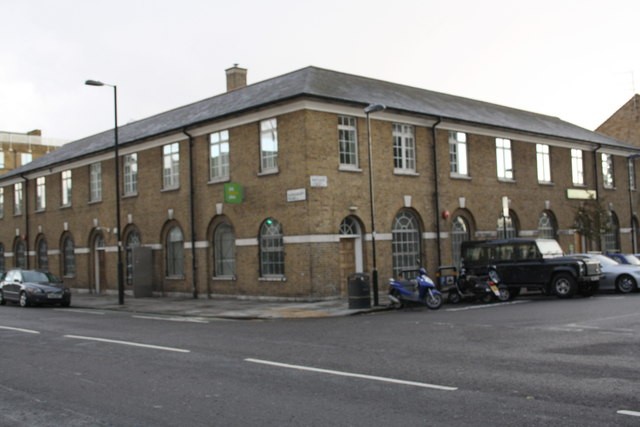By Ben Kerrigan
The UK unemployment rate is set to rocket amid the coronavirus lockdown, economists warned today as data showed employment at a record high before March.
The Office For National Statistics (ONS) revealed that job vacancies sank by 52,000 year on year to 795,000 for the first three months of 2020.The ONS said that the UK unemployment rate went up to four per cent, a small increase on January’s 3.9 per cent rate. Economists had feared a huge 170,000 increase in UK unemployment for March, but the number rose only by 12,100.
Figures covering the months leading up to the coronavirus outbreak reveals an economy struggling to overcome Brexit uncertainty and the impact of cuts to welfare benefits that forced many older women and young people to take low-paid employment. The figures come as more than 140,000 companies, employing a total of about 1 million workers, applied to the government’s job furlough scheme on its first day of operation on Monday.
The number of jobless workers is expected to soar in the coming months as companies react to the government’s lockdown by laying off staff, especially in the hardest-hit leisure, hospitality and retail industries. Unemployment increased from 3.9% to 4.0%, the number of job vacancies edged lower for the tenth consecutive month and wages continued to fall from a peak last June, the Office for National Statistics said.
The ONS also revealed that growth in the number of people on British companies’ payrolls slowed to 0.8% in March from 1.1% in February, according to preliminary tax data. Unemployment increased by 22,000 to 1.36 million in the three months to February, before Covid-19 gripped the UK.
Meanwhile, employment for the quarter to February jumped by 352,000 against the same period last year, rising to a record high of 33.07 million. In fact the UK employment rate was at a record high of 76.6 per cent before the coronavirus lockdown. That was up from 76.4 per cent in the previous quarter. The UK unemployment rate is set to rocket amid the coronavirus lockdown, economists warned today as data showed employment at a record high before March.
David Freeman, ONS head of labour market statistics, said: “Our final data wholly from before the coronavirus restrictions were in place, showed the labour market was very robust in the three months to February.
“For the first time, we have brought forward information on the number of employees in work using PAYE data to cover a more recent period.
“These experimental statistics show a softening picture in March, but cover the month as a whole, including the period before the coronavirus restrictions were in place.”
Long Term Trend
The ONS said the estimated employment rate continued a long-term trend after it reached a record of 76.6%, which was 0.4 percentage points up on the year and 0.2 percentage points up on the quarter.“Estimates for December 2019 to February 2020 show a record 33.07 million people aged 16 years and over in employment, 352,000 more than a year earlier,” the ONS said.
This annual increase was mainly driven by women in employment – up by 318,000 on the year to a record high of 15.7 million and workers aged above 50, who added 258,000 to the total to a record high of 10.7m million. The number of people aged 25 to 34 also reached a record high – up by 96,000 to reach 7.64 million.
But job vacancies sank by 52,000 year on year to 795,000 for the first three months of 2020, the Office for National Statistics (ONS) said. Economists had feared a huge 170,000 increase in UK unemployment for March, but the number rose only by 12,100.But while the ONS hailed a strong labour market, it warned of a “softening” picture for March.
“Early figures for March underscore the impact Covid-19 is likely to have on the labour market.“We estimate that as many as 13m jobs are in sectors highly affected by the lockdown, representing 36 per cent of all jobs in the UK,” she said.
“Our final data wholly from before the coronavirus restrictions were in place showed the labour market was very robust in the three months to February,” David Freeman, ONS head of labour market statistics, said.

